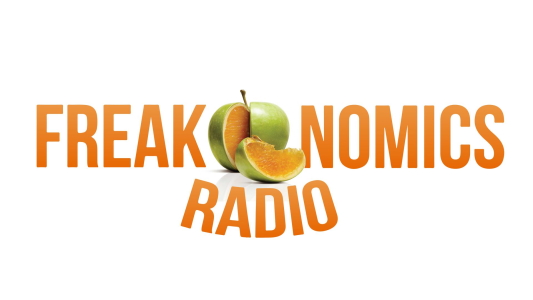Policymakers and economists continue to debate the merits and costs of minimum wage increases. The Raise the Wage Act of 2021, if enacted, would increse the federal minimum wage from its current $7.25 an hour to $15 an hour. What are the policy implications of the proposal: would it reduce poverty, increase prices, cost jobs, raise living standards, or perhaps a combination of impacts? What is the read of the academic literature on the subject?
Professor David Neumark was featured on the popular economics podcast Freakonomics to help answer this question. Dr. Neumark is an economics professor at the University of California – Irvine, and on the show describes how the academic consensus on the minimum wage has changed over the years. The benefits and costs however, are clear to Neumark:
“So my research on the minimum wage, one of the things it tends to say is there definitely is some job loss. And I’m quite convinced of that. So on net, there are winners and there are losers. I think then the question is, how do you add those up? So one reasonable metric is to say, “Well, okay, do we reduce poverty?” If we do, then maybe the costs are acceptable relative to the benefits. My reading of the evidence is that it’s pretty hard to find convincing evidence that poverty will fall.”
You hear more from Professor Neumark on the Freakonomics Episode here.
